Artificial intelligence and machine learning are playing increasing roles in drug discovery, potentially saving significant time and money.
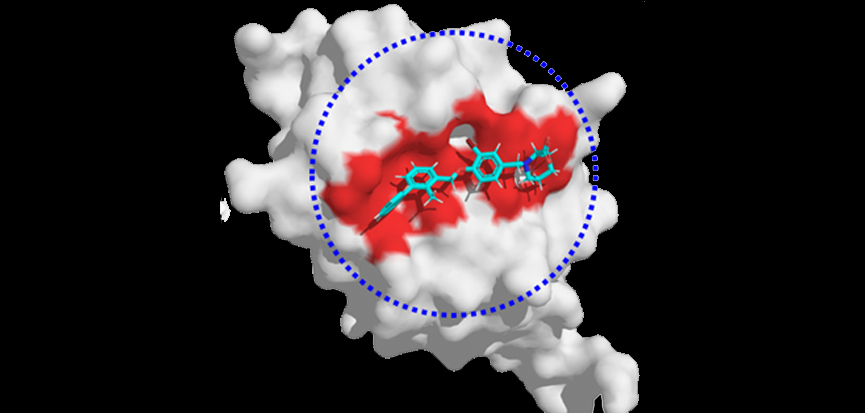


Artificial intelligence and machine learning are playing increasing roles in drug discovery, potentially saving significant time and money.

Integrating vaccines with biomaterials could help minimize the need for refrigeration and booster shots.

A new simulation technique accelerates modeling to help us better understand complex molecular processes and facilitate rational drug design.

Any discussion about the role of new reservoirs must focus on the creation of new unsustainable demand.
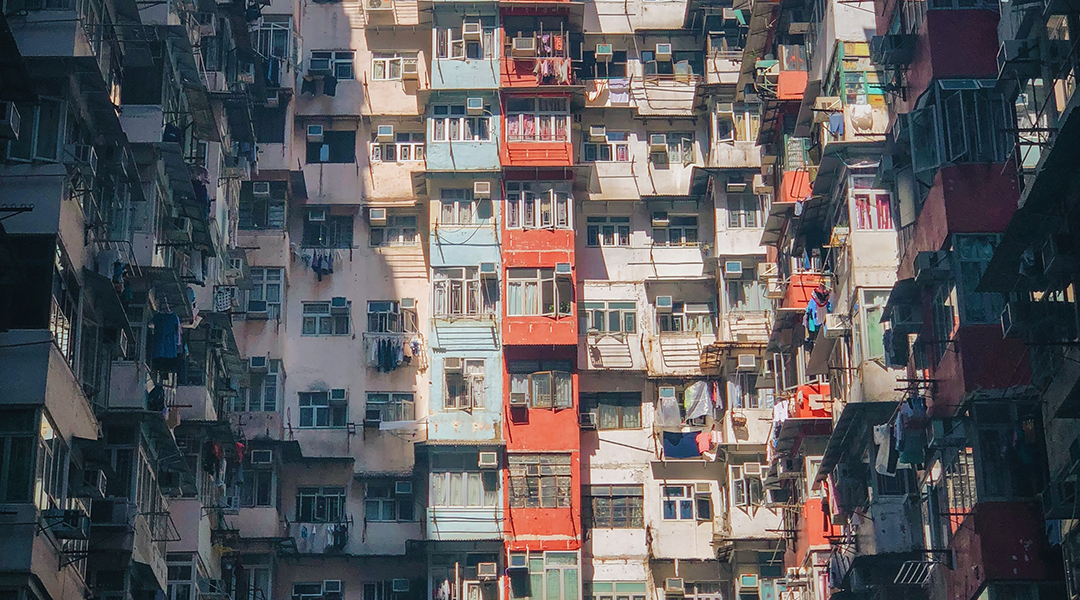
With increasing rates of urbanization and its detrimental effects on the environment, reducing the risk posed by “urban climate change” requires more research to prepare ourselves for an uncertain future.
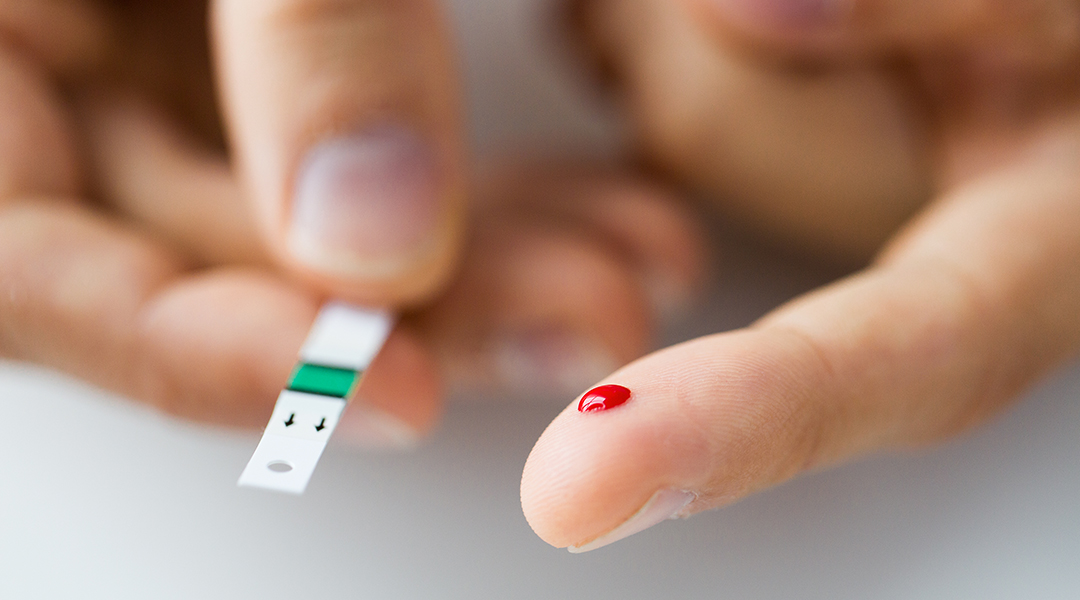
Graphene-based biosensors incorporated in arrays of microneedles are emerging as an alternative to hypodermic needles and could be the next generation of blood sampling devices.
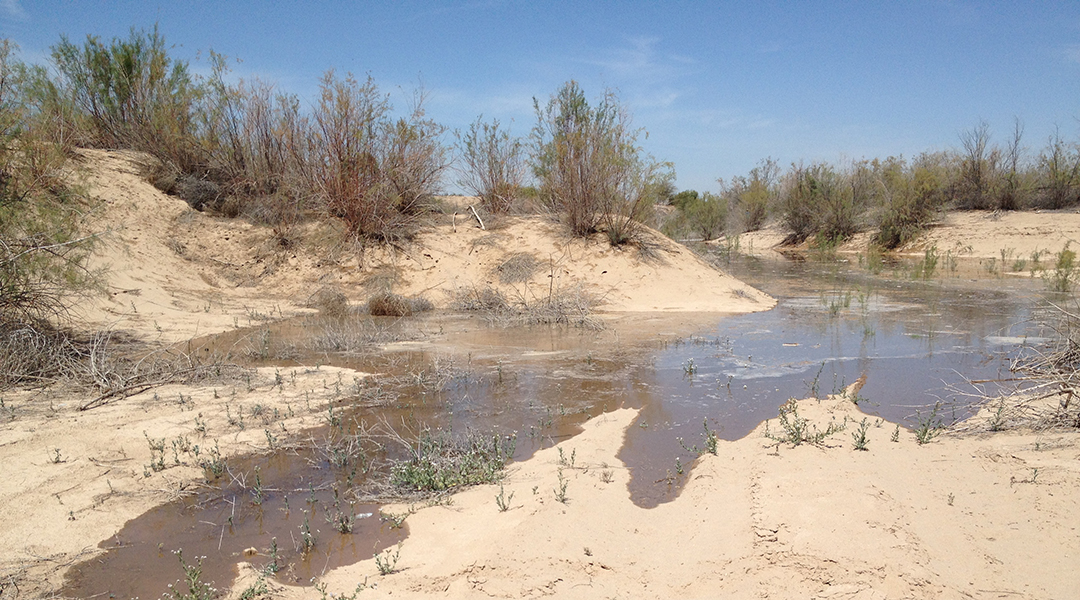
As an increasing global population moves into areas where non-perennial rivers are common, we need to understand how human water needs impact when, where, and how much these rivers flow.

How ignoring the dynamics of the energy transition leads to overestimating transition cost and unjustified delay of climate action.

Urbanization is threatening global water supplies, but finding a way to balance expansion with sustainable water management between nature, people, and the city water infrastructure.
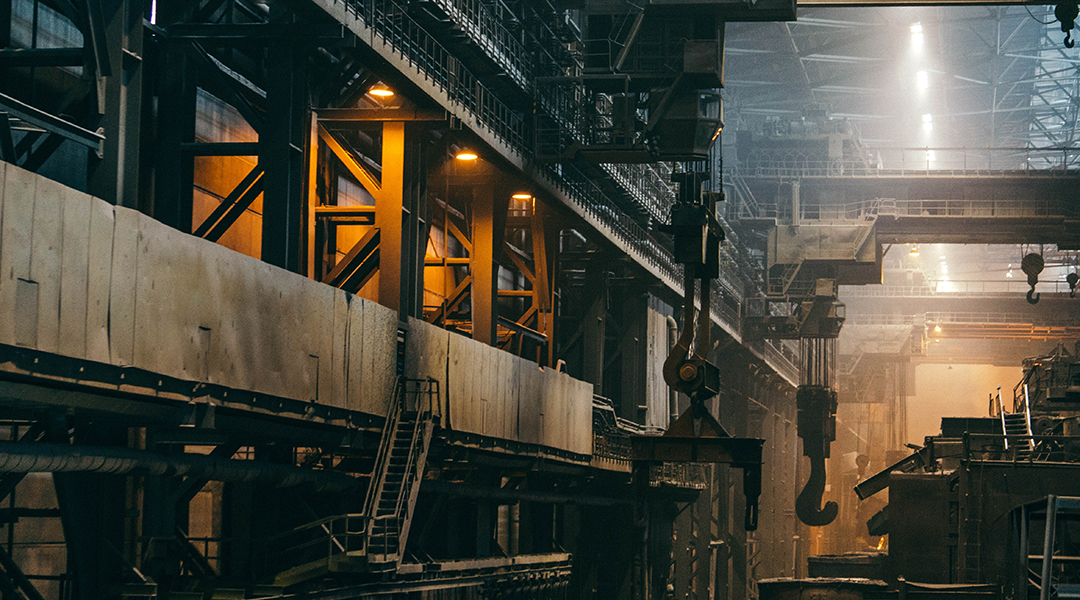
The Argentinean experience can inform experts on LEEN efforts to make industrial sectors more energy efficient in developing regions.